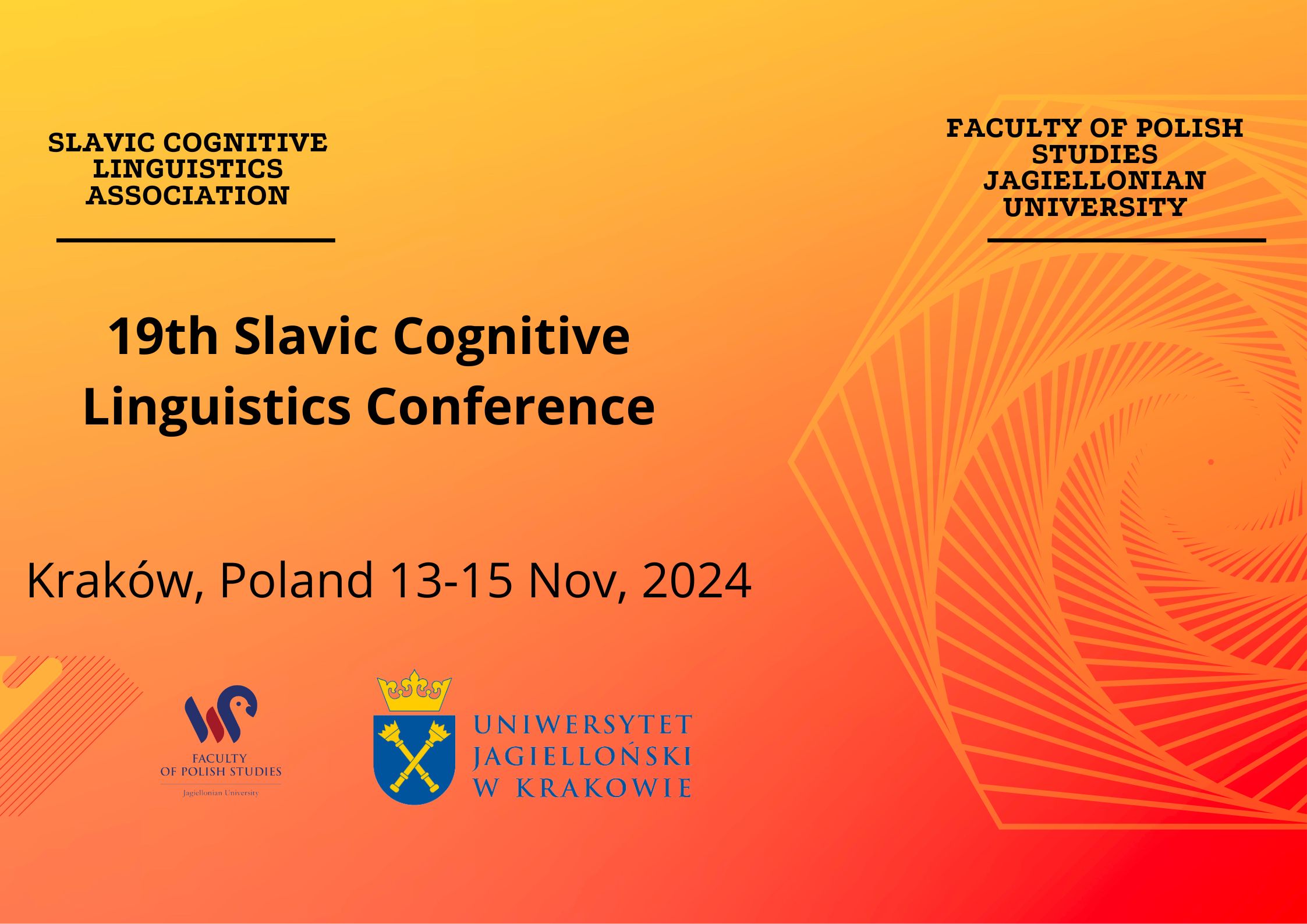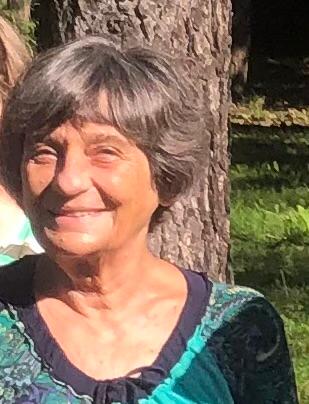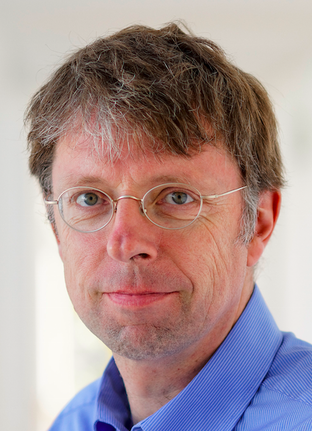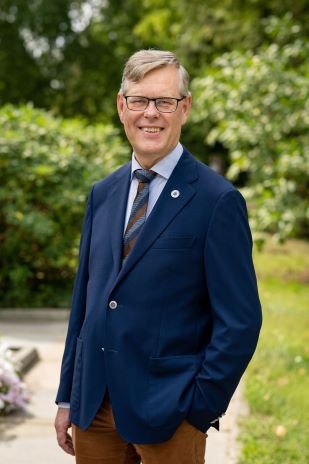– professor emeritus, translator, founder and head (2002-2012) of the UNESCO Chair for the Study of Translation and Intercultural Communication at the Jagiellonian University in Krakow (currently the Department of Translation Studies of the Jagiellonian University). Author of over 200 scientific articles and several authored books; among others "O przykładzie, na przykładzie", Znak, 1999; "Tłumacząc się z tłumaczenia", Znak, 2009. Translator of Norman Davies' books: "God's Playground. A History of Poland”, Znak, 1996; "Europe. A History ", Znak, 1998; “The Isles. A History”, Znak, 2003; "Rising '44. The Battle for Warsaw", Znak, 2004; "Europe at War 1939-1945. No Simple Victory", Znak, 2008; Translator of Irena Powell’s book “The Daughter Who Sold Her Mother. A Biographical Memoir", Austeria, 2019. The latest monograph: "Językoznawstwo zastosowane", Austeria 2019.





